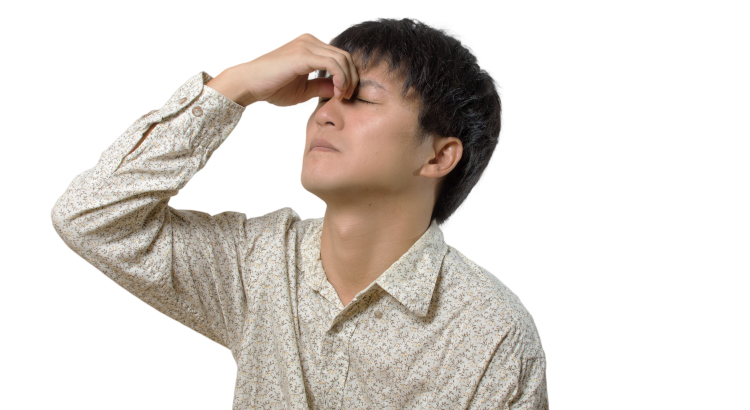Top 5 Causes of Addiction Relapse

There’s no way you can compromise when it comes to doing drugs. That’s the lie that brings people to relapse.”
-Jason, a former drug addict
Jason first began abusing drugs when he was a teenager, when an older friend pressured him into trying cocaine. After battling his addiction for years, Jason made multiple attempts to conquer his drug abuse but every time he tried to quit he ended up going back to his old group of friends who pressured him into using again. It was only when he seriously overdosed and ended up in the hospital that Jason hit rock bottom and decided to fully commit himself to recovery. He then entered addiction treatment with resolve, and began to reclaim his life. Today Jason is living a new happy and healthy life free of addiction.
Jason is not alone. While the term relapse carries the connotation of failure, it is extremely common for those attempting to recover from addiction to suffer a relapse once, or even multiple times. According to the National Institute on Drug Abuse, 40 to 60 percent of persons suffering from addiction will relapse. Similar to other chronic diseases such as diabetes, heart disease, and cancer, addiction is an illness and recovery is not always a straight line.
There are a million reasons why someone like Jason relapses, but addiction specialists agree that avoiding triggers-the situations and emotions that make drugs attractive-is half the battle. According to Elizabeth Hartney, a leading addiction specialist, the top 5 reasons that those struggling with addiction relapse are:
- Stress: Stress is one of the top causes of relapse. While one can’t avoid all forms of stress, making lifestyle, relationship, and priority changes can help the recovering addict to avoid situations that spark tension and other negative emotions associated with relapse.
- People or Places Connected to the Addictive Behavior: Being around people and places associated with one’s addiction can often push a person to relapse. For example, going back to a favorite bar may tempt an individual to pick up the bottle again. It’s better to avoid these temptations, especially in the early phases of recovery.
- Negative or Challenging Emotions: While negative emotions are a normal part of life, those struggling with addiction often cite frustration, anger, anxiety, and loneliness, as triggers for relapse. Therefore, usually as a part of therapy, it’s essential to develop effective ways of managing, these feelings.
- Seeing or Sensing the Object of Your Addiction: In recovery, even a slight reminder of the object of the addiction, such as seeing a portrayal of addictive behavior on television, can lead to relapse. While it is impossible to avoid such reminders forever, developing skills for managing any urges or cravings can aid in preventing relapse.
- Times of Celebration: Most situations that can trigger relapse are perceived as negative. However, sometimes positive situations such as times of celebration, where alcohol or drugs are present, are just as risky. Avoiding such events or bringing along a trusted friend can assist in preventing relapse.
While relapse may happen for some and not others, it’s important to remember that relapse does not mean failure. Recovering from addiction is a life-long process of hard work and dedication to one’s program and recovery path.
Article Categories
- 12 Steps
- Addiction in the Family
- Addiction Infographics
- Alcohol Addiction
- Articles
- Drug Addictions
- Drug Rehab Center News
- Helpful Articles
- Holidays & Substance Abuse
- Mental Health & Addiction
- Real Life Addiction Stories
- Recovery Testimonials
- Relapse Prevention
- Substance Abuse Prevention
